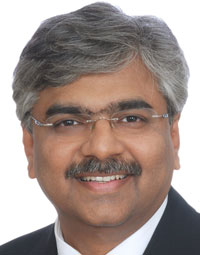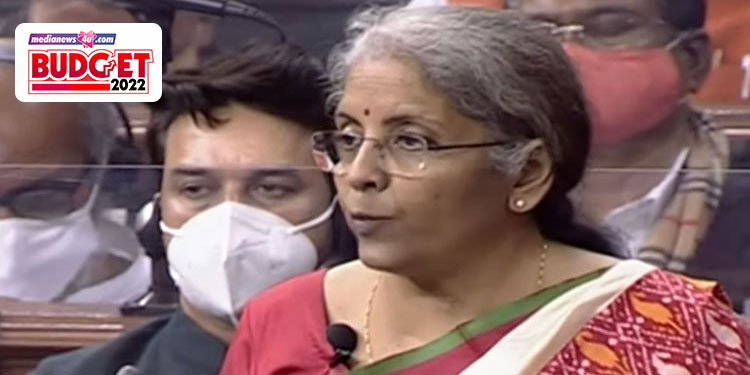The union minister for Finance & Corporate Affairs Nirmala Sitharaman presented her fourth Union Budget of the Modi 2.0 government on February 1.
“India is in a strong position to withstand challenges and the country’s current growth is estimated to be at 9.2 percent. The government goal is complementing macro growth with micro-all—inclusive welfare, digital economy, and fintech, tech-enabled development, energy transition,” said Sitharaman.
“Due to pandemic induced closure of schools, our children particularly in rural areas and other weaker sections have lost almost 2 years of formal education. Mostly these are children in govt school, we recognise the need to impart secondary supplementary teaching and to build resilient mechanisms for education delivery,” Sitharaman said.
For this purpose, one class one TV channel program of PM E-vidya will be expanded from 12 to 200 TV channels. This will enable all states to provide supplementary education in regional languages from classes 1 to 12. High quality e-content in all spoken languages will be delivered via internet, mobile phone, TV, Radio, and digital through digital teachers.

“Loss of 2 years of regular education seem to be covered by Open Digital University, which would collaborate with existing universities along with 200 New TV channels for education sounds very promising. We only hope that this gets implemented in record time and does not get lost in Govt red tape. But no specific funding of Road Map for implementation of New Education Policy 2020 is a big disappointment of the education sector” said Nitin Potdar, Partner, J. Sagar Associates (JSA) on Finance minister Nirmala Sitharaman’s announcement on the Education Sector in the Budget 2022-2023 in Parliament.

“Expansion of the “One class, one TV channel” program of PM eVIDYA from 12 to 200 TV channels is a welcome step as encouraging supplementary education in regional languages is the need of the hour as language cannot act as a barrier to receiving a quality education, especially for first-generation learners. Encouraging PPP projects which will help in a centralised build-up of quality content in regional languages and ensure their easy access through mass mediums will help the country reap the demographic dividend in the years to come” Achin Bhattacharyya, CEO & Founder, Notebook.

















